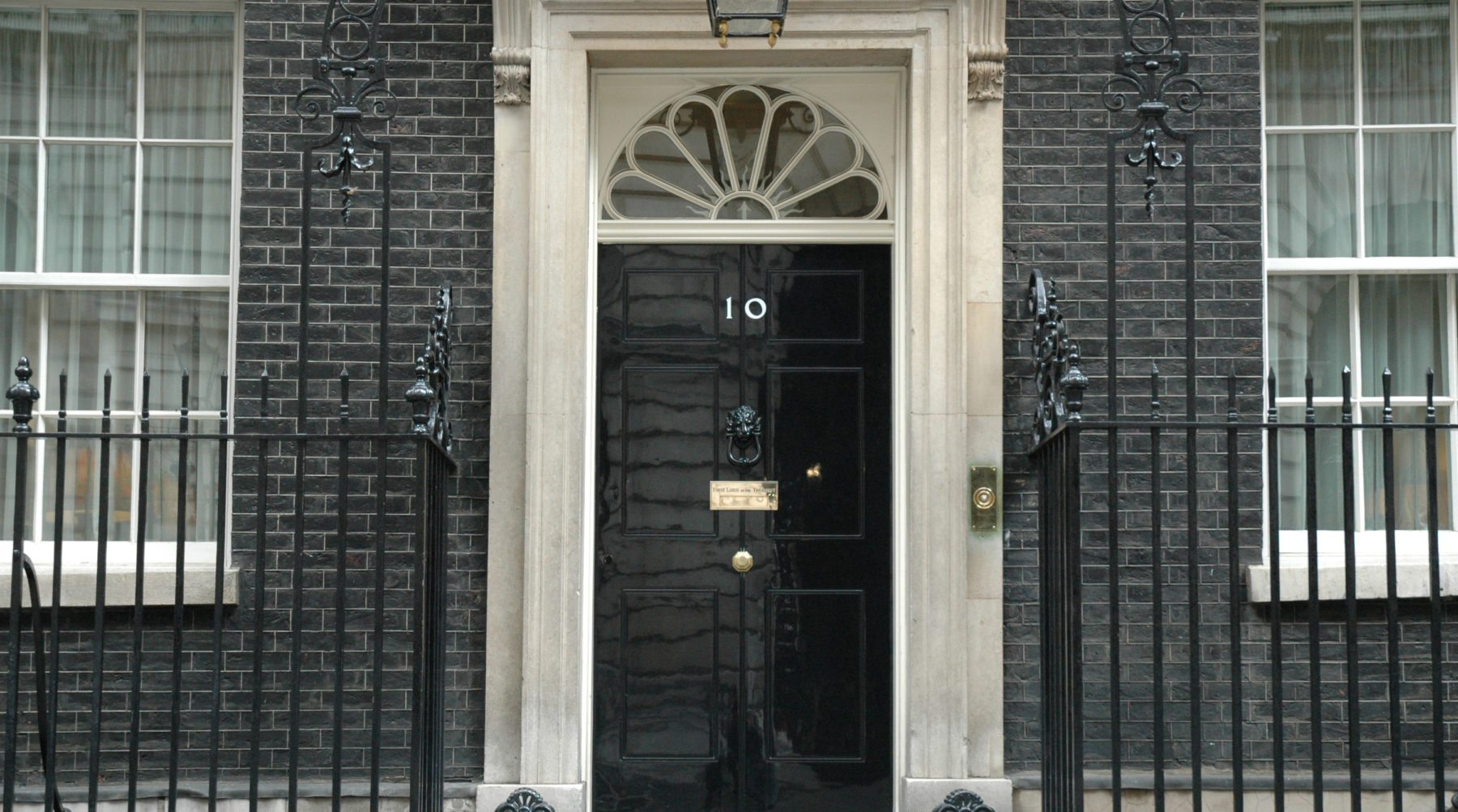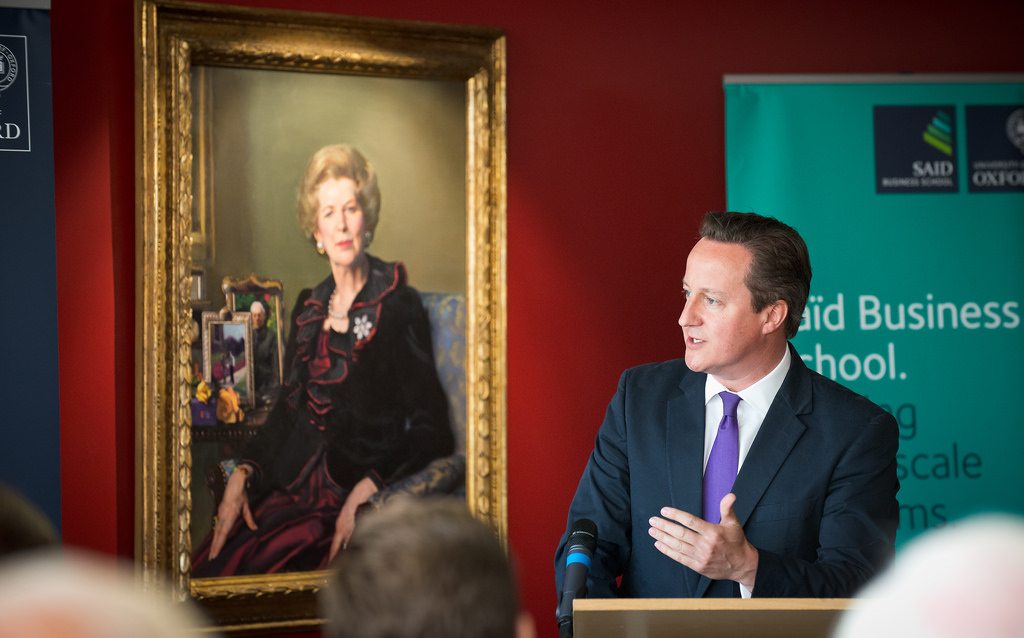GENERAL ELECTION 2015: Higher Education Policy
This week, Matt Barker investigates where higher education policy currently stands and what the five main parties are offering on issues surrounding tuition fees in the final push before the general election on 7 May.
THE CURRENT SITUATION
Under the current system, universities can charge up to £9,000 per year in tuition fees for UK students.
This charge is based on the condition that the university has an access agreement approved by the Office for Fair Access, meaning students are able to gain access regardless of their financial situation.
For universities where no such access agreement exists, the fee cap for students studying there is £6,000.
If undergraduates started their studies prior to 2012, then their tuition fees are £3,465, almost a third of the cost of tuition for students who started after that date.
Fees for international students from outside the EU can vary greatly and are, in the majority of cases, vastly higher than fees for home and EU students.
At Warwick the overseas fees can be over £30,000 for some (mostly medical) degrees, with most foreign undergraduates paying between £14,980 and £20,180 for the 2015/16 academic year. More information is available here: http://www2.warwick.ac.uk/services/academicoffice/finance/policies/tuitionfees/
STUDENT CONCERNS
The issue of higher education access and funding are of paramount concern for current and prospective students.
This issue affects both international and British students, and in the general election international students from commonwealth and EU countries are eligible to vote.
Ali Assad, a second-year Economics student from Pakistan said: “They [fees] are definitely higher than the local institutions that are native to our countries.
“One could compare it to other universities of similar prowess in other countries, in which case England is probably the cheapest looking at tuition fees only, not living costs.”
Mr Assad said his main concern was that “we [international students] are not being made to overcompensate [compared with the real cost]”.
Sam Carter, a second-year Engineering undergraduate expressed his concerns. He commented: “[Current fees] are really high, especially for the quality of the teaching.
“We, as students, are being treated like customers rather than students, for example I feel like the evaluation forms for our course modules are similar to those I would get after buying a car.”
When Mr Carter was asked what he would like to see happen, he replied: “It’s difficult because tuition fees are not going back down, so where will the money come from? A reduction in fees will directly result in a reduction of funding for universities.”
CONSERVATIVE POLICY BREAKDOWN
- No policy regarding tuition fees
- Focus on alternatives to higher education, concentrating on creating three million apprenticeships
THE CONSERVATIVE PLAN
Although no plans have been formally set out by the party with respect to tuition fees, while deciding the current level of fees David Cameron was pushing for a much higher fee cap.
Therefore, if they still have the same proposals as in 2010, tuition fees may well rise under a majority Conservative government.
The Conservatives, in their plan for “Securing A Better Future” have decided to focus on apprenticeships rather than higher education as a target to entice young people.
They claim to have created two million apprenticeships over the past five years. Following from this, they pledge to create another three million by the end of the next parliament.
GREEN PARTY POLICY BREAKDOWN
- Abolish tuition fees for all home and EU students
- Write off outstanding student loan debt
- Reduce the cost of university for international students to “more accurately reflect the true cost” (http://policy.greenparty.org.uk/ed.html)
- Replace the lost capital with public funding
- Introduce non-repayable maintenance grants to replace maintenance loans
THE GREEN PARTY PLAN
One of the Green’s largest attacks is on the cost of higher education, and their campaign for free education for everyone plays a prominent role in their manifesto.
According to their website, they are fighting for “every young person to have access to a quality education, no matter what their family’s income.”
Caroline Lucas, currently the Green’s only MP, voted against the rise in tuition fees in 2010 and over the course of the last parliament she proposed a business education tax to replace loans and fees.
The party hasn’t released any figures on the cost of this pledge, but their main methods of raising the money for this venture include the ‘Robin Hood’ tax and a wealth tax (for more detail see the Boar’s Economics Policies breakdown).
LABOUR POLICY BREAKDOWN
- Reduce tuition fees to £6,000 for UK students
- Introduce new technical degrees as part of an alternative vocational education system
- Increase the teaching grant that universities receive to fully compensate the reduction in tuition fees
THE LABOUR PLAN
Labour have told the electorate that every promise in their manifesto has been fully funded.
In the case of the reduction of tuition fees, Labour will reduce tax relief on pension contribution for those with an income of over £150,000.
This plan has been described as fairer for students and taxpayers by Labour because as well as reducing the average graduate debt, their ideas are fully funded and include a reduction to government debt by £10bn over the next parliament.
However, there has been some criticism over this proposal. The Liberal Democrats claim only the richest graduates will benefit in any way.
Vince Cable, the Lib Dem business secretary said: “A £6,000 cut would wreck the financial sustainability of universities, reduce the support for disadvantaged students and benefit only the richest.” (http://www.libdems.org.uk/labour-tuition-fee-plans-will-only-help-wealthy-graduates)
LIB DEM POLICY BREAKDOWN
- Maintain tuition fees at their current level
- Focus on further education as well as higher, particularly increasing the number of apprenticeships available
- Potentially establish a review of higher education finance
THE LIB DEM PLAN
Although on the Lib Dem website there is no tuition fee pledge, Vince Cable said in an interview in February: “[The current system] is working very well and it doesn’t need to be changed…I certainly don’t apologise for the policy we’ve now got, because it is a good one, and it is sustainable and it achieves our objectives.”
A parliamentary publication (available here http://www.parliament.uk/business/publications/research/briefing-papers/SN07153/higher-education-tuition-fees-in-england-party-policies-2015) has taken this to mean the Lib Dems intend to keep tuition fees at their current level and there is little to suggest otherwise.
Their track record on tuition fees has been less than perfect and as it was in their coalition that tuition fees rose, it is unlikely to see them drop again under the Liberal Democrats. Ed Miliband called it “the betrayal of an entire nation.” (http://press.labour.org.uk/post/112217705819/a-better-plan-for-a-better-future-fairer-for)
It should be noted that in a 2014 pre-manifesto, the Lib Dems did set out a plan for “a world class university sector” that included to review tuition fees, expand the number of foundation degrees, and expect universities to support widening participation across the sector. (http://www.libdems.org.uk/policy_paper_121 )
UKIP POLICY BREAKDOWN
- Remove tuition fees for top performing science, technology, engineering and maths undergraduates
- Removal of tuition fees is on the condition that they live, work and pay tax in the UK for five years after the completion of their degrees.
- Scrap the target of 50 percent of school leavers going to university
- Make EU students pay the same student fee as international students
THE UKIP PLAN
UKIP have detailed plans on their website regarding where they see higher education, and it describes a reduction in the numbers going to university and enticing undergraduates to opt for science-based degrees.
They have pledged to remove tuition fees for undergraduates that study science, technology, maths and engineering. However this isn’t a no-strings attached policy, as in order to be eligible students would have to agree to live, work and pay tax in the UK for five years after graduating.
Their higher education policies also reflect their anti-EU stance. UKIP would see that EU students studying in the UK pay the same price for education as international students from outside the EU.
[poll id=”9″]






Comments